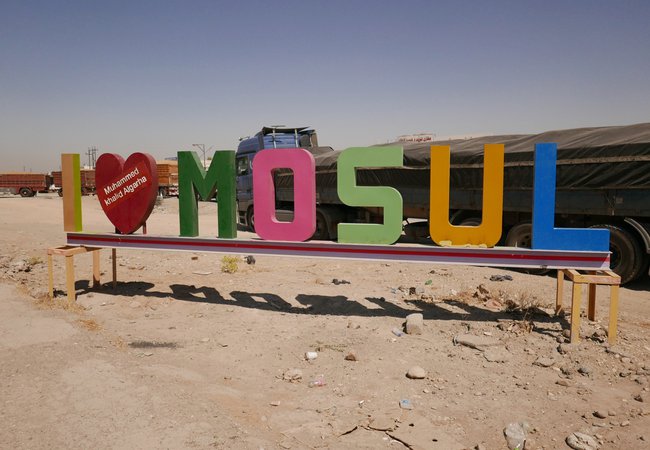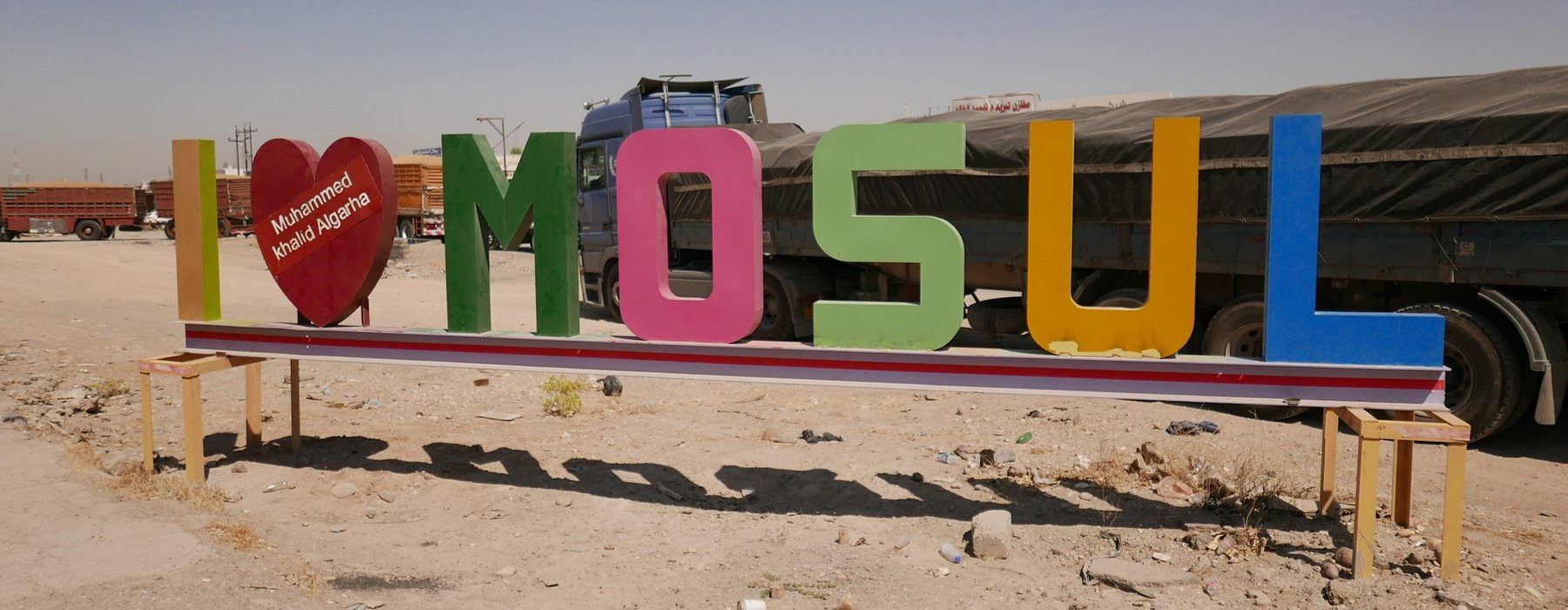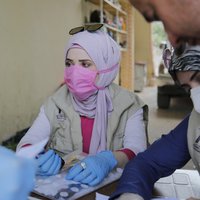Change starts within ourselves, then grows wider.”
Shahad Amer works for an Oxfam partner helping local communities in Iraq
Generation Next
To help people through times of crisis, Oxfam works together with grassroots partner groups who understand the needs of their local communities. Shahad Amer, a member of Oxfam’s partner organisation, the Iraq Institute for Development, talks about what her work means to her.
Shahad's story
Living under Isis rule was a time of my life I will never forget. I wasted three years with no education and I was worried about my parents. I wanted to help rebuild my city. Just as we were at the recovery phase, lockdown was imposed by the government. All of our programmes at IID (The Iraq Institution for Development) were stopped and we did not know how to continue our work.
COVID-19 in Iraq
The first case of COVID-19 was next to our office. We feared for the staff, we feared for their families and the people we support. But after a few days, we couldn’t stand still... we got an exemption letter from the Governor’s office and shifted our programmes to respond to the coronavirus emergency.
We provide our staff with masks and sanitisers, and our office gets sanitised often during the week. Also, we never interact with people if we are not wearing masks and gloves, and we avoid large gatherings by limiting the number of people per room and office. When it comes to distributions, we go door to door to avoid crowds.
Every day — despite the risk when I go to work — I feel encouraged as I’m contributing to rebuilding my community, that has suffered from years of conflict.
Iraqi Institution for Development
Providing grassroots support
Oxfam has invested in The Iraq Institution for Development (IID) and 14 other Iraqi organisations. The training we offer aims to help Iraqi organisations thrive. So they can manage most emergencies without the help of international aid providers. We work with grassroots, community-led organisations like this all over the world.
Providing hygiene kits and food baskets
Many health facilities in Mosul were already suffering from a lack of funds and staff. Some of the others were destroyed because of the ISIS conflict which led to there being limited public health centres in the city.
We provided hygiene kits and food baskets for the most vulnerable people and we reached more than 1,000 households. Food baskets were essential because many people who rely on daily labour no longer had a source of income and therefore became more vulnerable.
The Iraqi community has suffered a lot from conflict for many years. However, I want to stress that the resilience of our community can always be rebuilt. I think that change starts within ourselves then grows wider.


